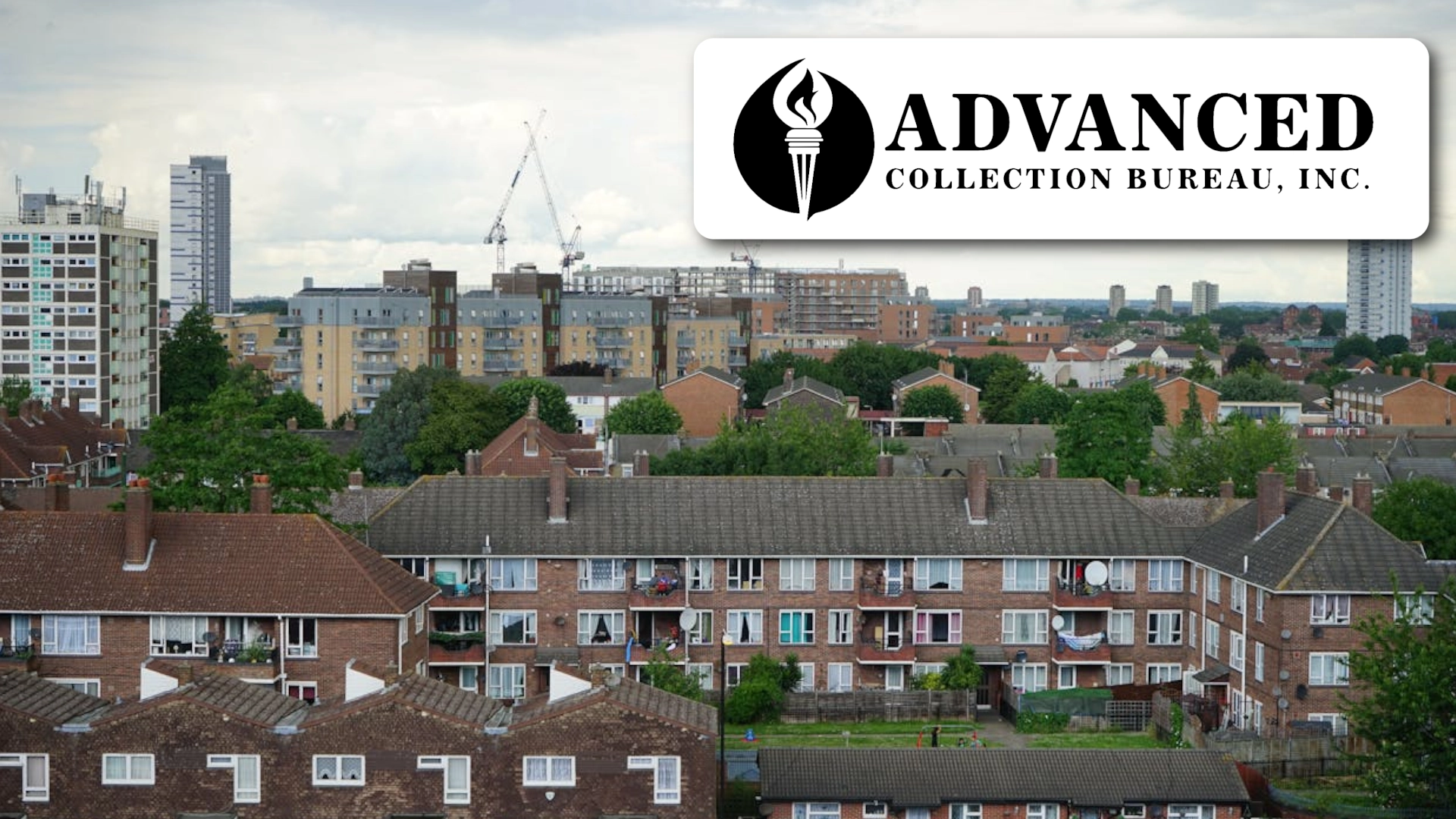Landlords participating in government-subsidized housing programs like Section 8 provide essential housing support for low-income tenants. While these programs offer predictable payments from housing authorities, they also present unique challenges—especially when tenants fall behind on their portion of the rent. This is where a collection agency specializing in government-subsidized housing rent becomes invaluable.
Unpaid rent in subsidized housing scenarios can place an unfair burden on property owners, who are already working within tight margins. Whether you're managing a single subsidized unit or a full community of income-restricted properties, recovering past-due tenant balances requires deep knowledge of federal housing guidelines, compliance standards, and tenant communication laws.
Understanding Government-Subsidized Housing Rent Collection
Government-subsidized housing, such as Section 8, typically involves a cost-sharing arrangement. The local public housing authority pays a portion of the rent directly to the landlord, while the tenant is responsible for the remainder. When tenants fail to meet their share, the landlord is left with a revenue shortfall and limited avenues for collection.
Complicating matters, tenants in subsidized housing are often protected by additional regulations beyond typical rental agreements. For example, eviction procedures for subsidized tenants may involve more steps or longer timelines. A generic debt collection approach won't work here—landlords need a specialized partner who understands the legal and financial nuances of these programs.
Why Work with a Specialized Collection Agency?
Not all debt collection agencies are equipped to navigate the complex structure of subsidized housing. A collection agency specializing in government-subsidized housing rent brings tailored experience and proven systems to recover unpaid balances without violating tenant protections or program requirements.
Here’s what sets the right agency apart:
- Compliance expertise: These agencies understand HUD regulations, Fair Housing laws, and the Fair Debt Collection Practices Act (FDCPA).
- Compassionate communication: Tenants in subsidized housing are often low-income or vulnerable individuals. Skilled agents communicate respectfully and constructively.
- Efficient skip tracing: Tenants may move frequently or leave incomplete records. Advanced skip tracing ensures former tenants are accurately located for proper outreach.
- Credit reporting: Agencies like Advanced Collection Bureau report to credit bureaus twice a month, ensuring that overdue accounts are reflected quickly.
The goal isn't just to collect unpaid rent. It’s to recover funds in a way that protects the landlord's reputation and respects the tenant’s rights—an essential balance in the subsidized housing world.
Challenges Landlords Face in Subsidized Housing Debt Recovery
Recovering debt from tenants in subsidized housing isn’t straightforward. Common challenges include:
- Limited legal leverage: Landlords may face longer eviction timelines or stricter rules around terminating leases.
- Gaps in tenant information: Records may be outdated or incomplete, especially after a tenant moves out.
- High turnover rates: Properties with subsidized tenants often experience more frequent turnover, leading to increased risk of debt accumulation.
Because of these hurdles, many landlords struggle to manage collections in-house and often write off unpaid balances entirely—resulting in lost income.
ACB’s Proven Approach to Subsidized Rent Collection
At Advanced Collection Bureau (ACB), we specialize in working with property managers and landlords of government-subsidized housing. With over 25 years of experience and a 100% U.S.-based team, we offer a results-driven, legally compliant approach to tenant debt recovery.
Our approach includes:
- Contingency-based collections: You don’t pay unless we collect.
- Comprehensive skip tracing: We use advanced tools to locate tenants quickly and accurately.
- Frequent credit reporting: We report twice a month—faster than most agencies.
- Personalized communication: Our agents are trained to handle sensitive cases with professionalism and empathy.
- Transparent processes: No hidden fees, and clear reporting every step of the way.
This hands-on, ethical approach makes ACB a trusted partner for landlords who operate within affordable housing or public housing assistance programs.
The Importance of Legal Compliance in Subsidized Housing
Debt collection in government-subsidized housing must comply with additional layers of regulation. These include federal guidelines set by the U.S. Department of Housing and Urban Development (HUD), along with local tenant protection laws.
For example, under the Violence Against Women Act (VAWA), certain tenants may be entitled to extra housing protections even if they fall behind on rent due to domestic abuse situations. A misstep in how you handle collections for such tenants can lead to legal challenges.
This is why working with a qualified agency is crucial. At ACB, we operate under strict compliance guidelines and offer support tailored to the regulatory environment surrounding each subsidized lease agreement.
To learn more about legal best practices in collections, check out The Impact of State and Local Laws on Apartment Debt Collection Practices.
Maximizing Your Recovery While Maintaining Tenant Relationships
A critical part of any collection effort is maintaining positive relationships wherever possible. Many tenants in subsidized housing are genuinely struggling rather than willfully avoiding payment. ACB’s communication-first approach allows landlords to recover rent while preserving their standing within the community.
We’ve written extensively on this topic in Maintaining Positive Tenant Relationships During the Debt Collection Process.
Additionally, understanding when and how to involve a collections agency can save you time and money. For a deeper dive into this, visit How a Debt Collection Agency Can Help Recover Lost Revenue.
Finally, for broader strategies tailored to affordable housing providers, see Debt Recovery Strategies for Affordable Housing Communities.
Final Thoughts: Choose the Right Partner for Long-Term Success
Government-subsidized housing is a vital part of the rental landscape. But when rent goes unpaid, landlords shouldn’t be left holding the bag. A collection agency specializing in government-subsidized housing rent understands the unique balance between regulation, compassion, and financial recovery.
At ACB, we help landlords and property managers reclaim unpaid rent while staying compliant, professional, and ethical throughout the process. If you’re struggling with non-payment in your subsidized units, don’t wait to act.














